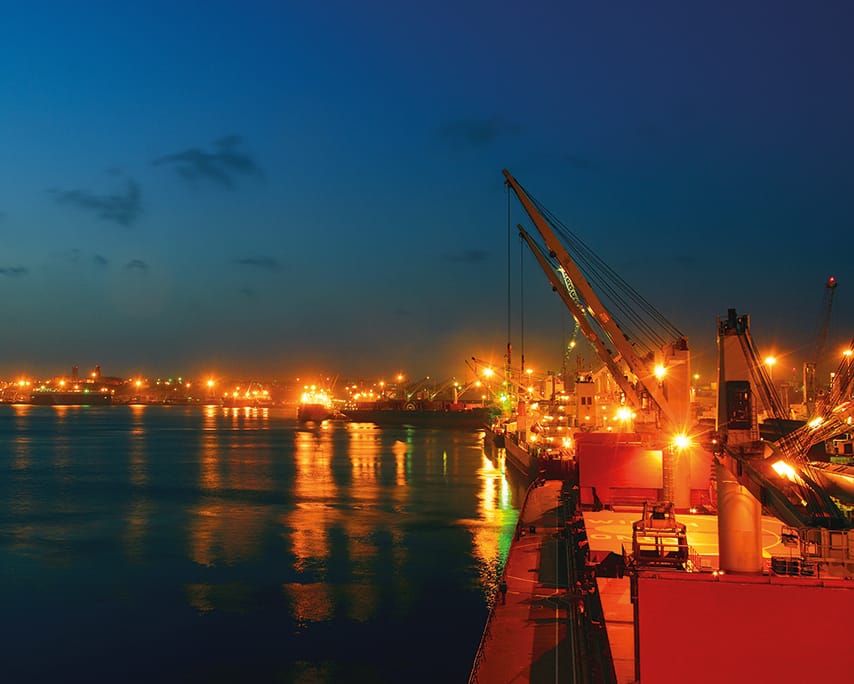World Maritime Day
Shipping is a crucial method of transporting goods internationally, being both highly efficient and cost-effective, offering a reliable and affordable means of moving goods across the globe. This, in turn, drives global trade and fosters economic prosperity across nations. The industry also plays a pivotal role in supporting sustainable economic growth, making it essential for environmental sustainability. This year’s World Maritime Day is a reminder of shipping’s contribution to economic growth and how it this is development is closely tied to the safety, security and efficiency of shipping routes, the protection of coastlines, and the health of maritime ecosystems.
From an economic perspective, shipping facilitates the global exchange of goods, ranging from raw materials to finished products. Economies worldwide depend heavily on maritime transport for exports and imports, and its cost-effectiveness allows developing and emerging economies to participate in global markets. Efficient shipping networks lower the cost of goods, promote economic stability, and provide jobs across various sectors, including shipping, port management, and shipbuilding. Despite its critical role in global trade, shipping requires safe and secure routes to ensure the uninterrupted transport of goods, free from threats such as piracy, illegal fishing, terrorism, and organised crime. Maritime security is essential to prevent disruptions that could jeopardise the global economy. While the cost of securing these routes is substantial, it is vital for maintaining the smooth flow of international trade.
The benefits of the shipping industry often extend to coastal communities, where it provides employment and boosts local economies through ports and related services. However, these same communities are vulnerable to the negative impacts of maritime activities, such as pollution, habitat destruction, and overfishing. The challenge lies in balancing the economic advantages of shipping with the need to preserve marine environments and sustain livelihoods in these areas.
As environmental awareness grows, the shipping industry is increasingly expected to contribute to sustainable growth. This involves adapting to environmental regulations, reducing carbon emissions, and adopting cleaner, more efficient technologies. Organisations, such as the International Maritime Organisation (IMO), have made significant efforts to lower the carbon footprint of global shipping, recognising that the future of maritime transport depends on sustainability. However, the industry’s activities can still have harmful effects on maritime ecosystems. Oil spills, ballast water discharge, and noise pollution threaten marine biodiversity, potentially damaging fisheries, coral reefs, and other vulnerable ecosystems. It is crucial that nations enforce strict environmental regulations to prevent the industry’s growth from compromising ecological health.
On this World Maritime Day, it is important to reflect on the shipping industry’s vital role in global trade and economic development. However, it is equally important to recognise that its future potential depends on the security of shipping routes and protecting the marine environment. Striking a balance between economic growth, environmental sustainability, and maritime security is not just a goal but a necessity. It requires coordinated international efforts, the adoption of sustainable practices, and the enforcement of strict regulatory frameworks. In doing so, shipping can continue to be a driving force in the global economy while preserving the health of oceans and coastlines for future generations.



